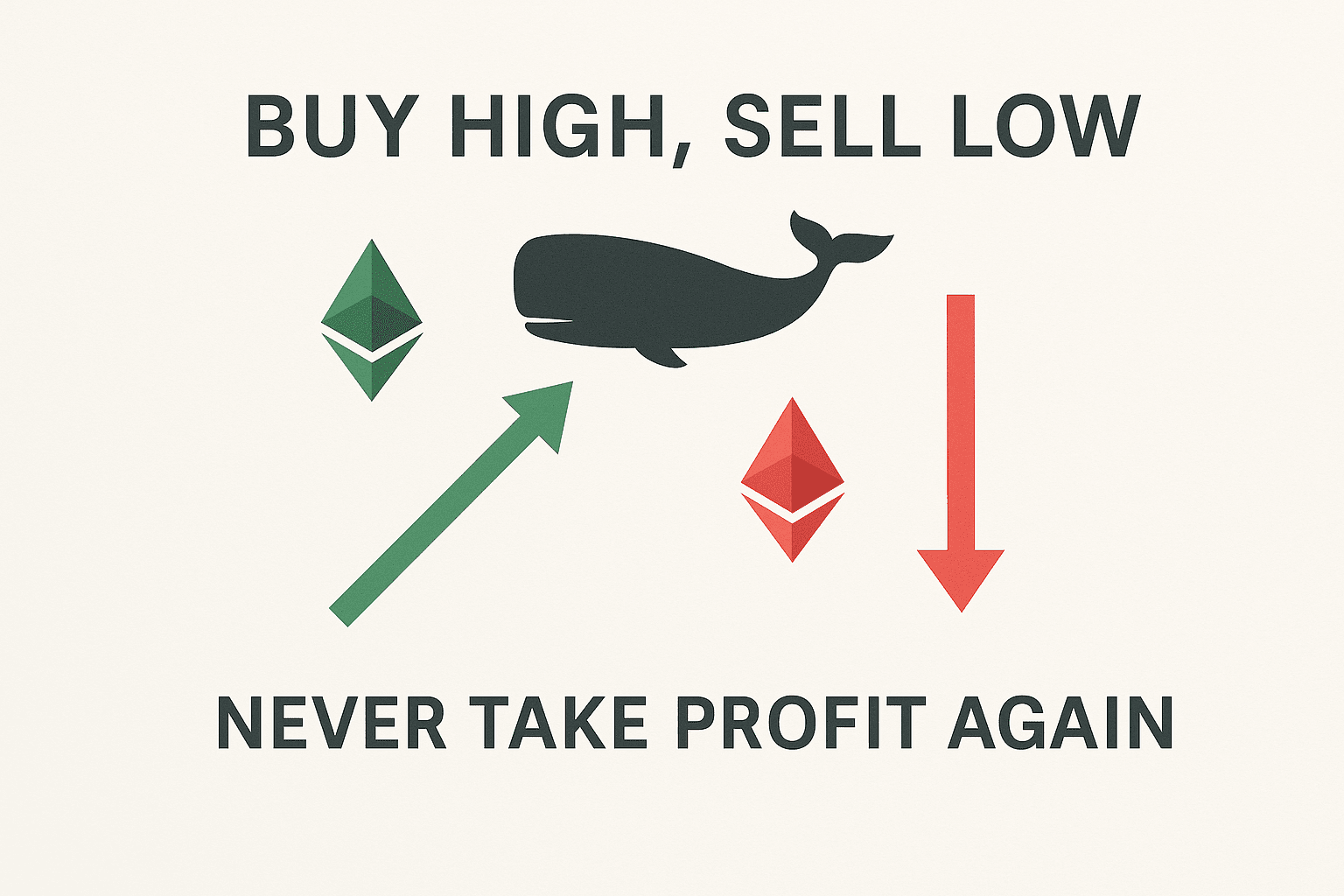
Arthur Hayes, the founder of BitMEX, recently did something both amusing and exasperating. A week ago, he sold Ethereum worth $8.3 million, only for ETH's price to soar, forcing him to buy it back at a higher price. He then swore on social media that he would 'never take profits again.' This legendary figure in the cryptocurrency world surprisingly made such a rookie mistake, which truly shocked everyone.
Hayes is not an ordinary retail investor; he is a pioneer in derivatives trading, with a deeper understanding of the market than most. Yet even such an experienced player fell into the classic trap of 'selling high and buying low.' This illustrates an important lesson: in a bull market, holding is often wiser than trading. You might think you can catch every swing, but the result is often selling before the rise and buying at a high.
From a psychological perspective, Hayes's actions reflect typical investor psychology. When prices rise, there is a fear of a pullback, prompting a desire to secure profits; yet when prices continue to rise, there is a fear of missing out, leading to chasing higher prices. This contradictory mindset of 'wanting to make money but fearing losses' is a challenge every investor faces. Even experienced professional investors can lose their rationality when confronted with market uncertainty.
Hayes's declaration of 'never taking profits' may be a bit emotional, but it also reflects a shift in investment philosophy. In the early cryptocurrency market, everyone was frequently trading, hoping to make quick money through short-term operations. However, as the market matured, the advantages of a long-term holding strategy have become increasingly evident. Look at those who started holding Bitcoin and Ethereum since 2017; their returns outshine all short-term traders.
The lesson for ordinary investors is very clear: do not blindly trust experts, and do not trade frequently. Build your own investment system, set reasonable goals, and then stick to it. No one can predict short-term market movements, but long-term trends are often easier to grasp. Instead of staring at the market every day, thinking about high selling and low buying, it is better to choose good assets and hold them with peace of mind.
The most interesting thing is that Hayes's mistakes actually increased his credibility. Someone who dares to admit mistakes publicly is more trustworthy than those big names who always make 'accurate predictions.' On the investment road, everyone makes mistakes; the key is whether one can learn from them. Hayes spent $8.3 million on a lesson, and we can learn for free: holding on to projects you truly believe in is the best strategy.

